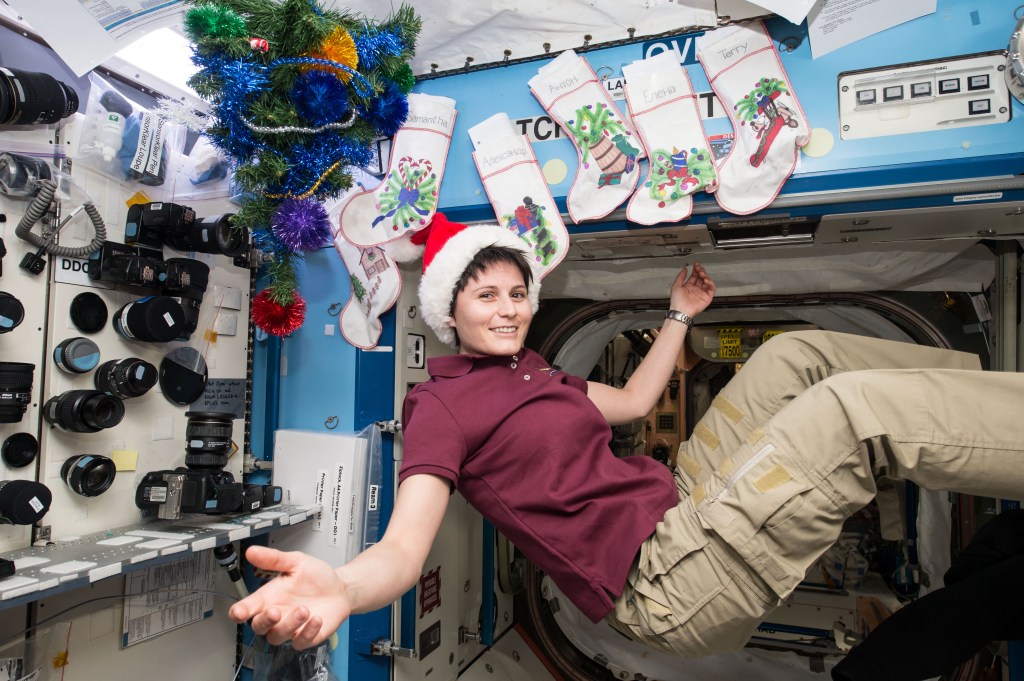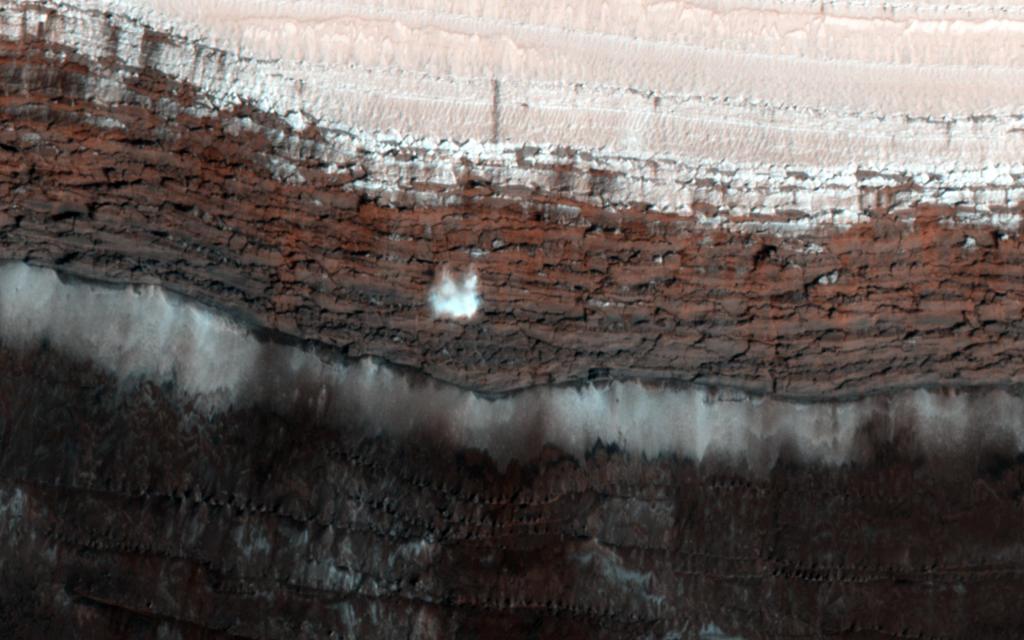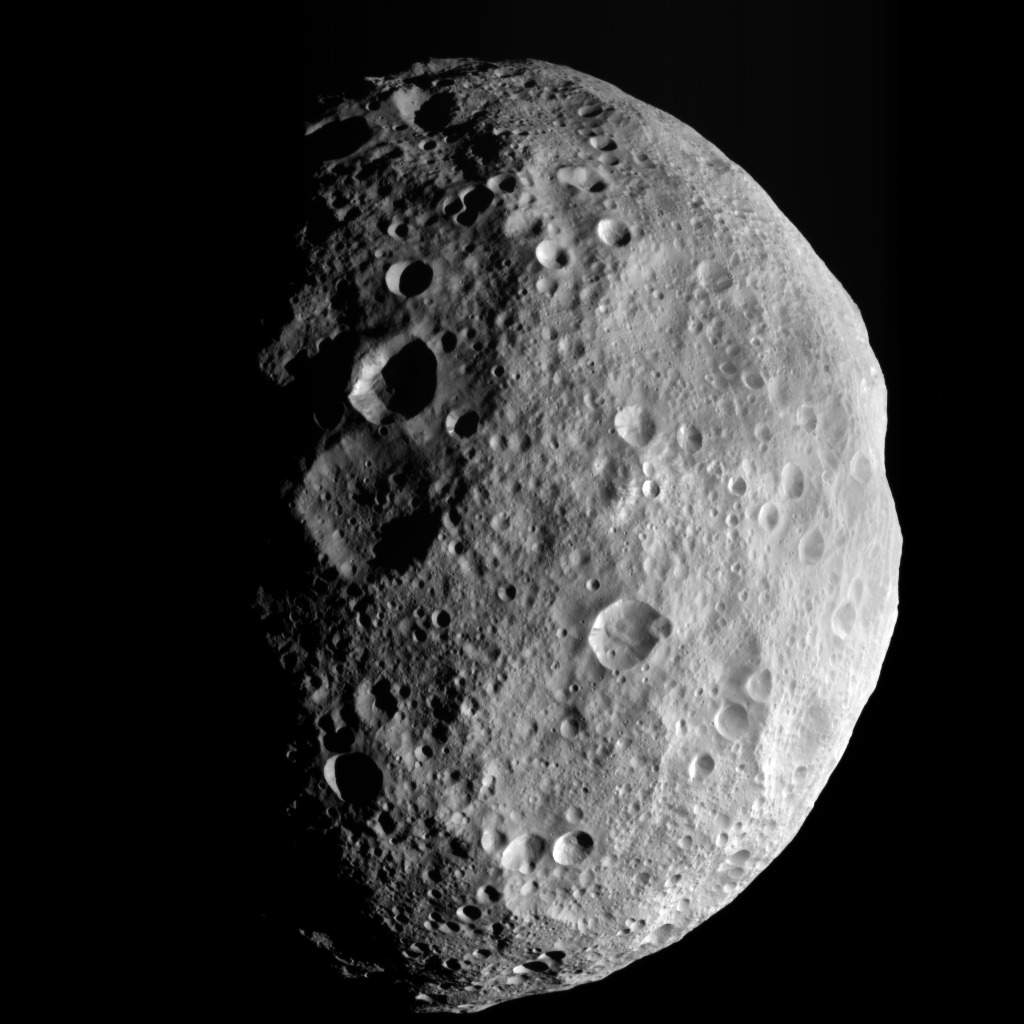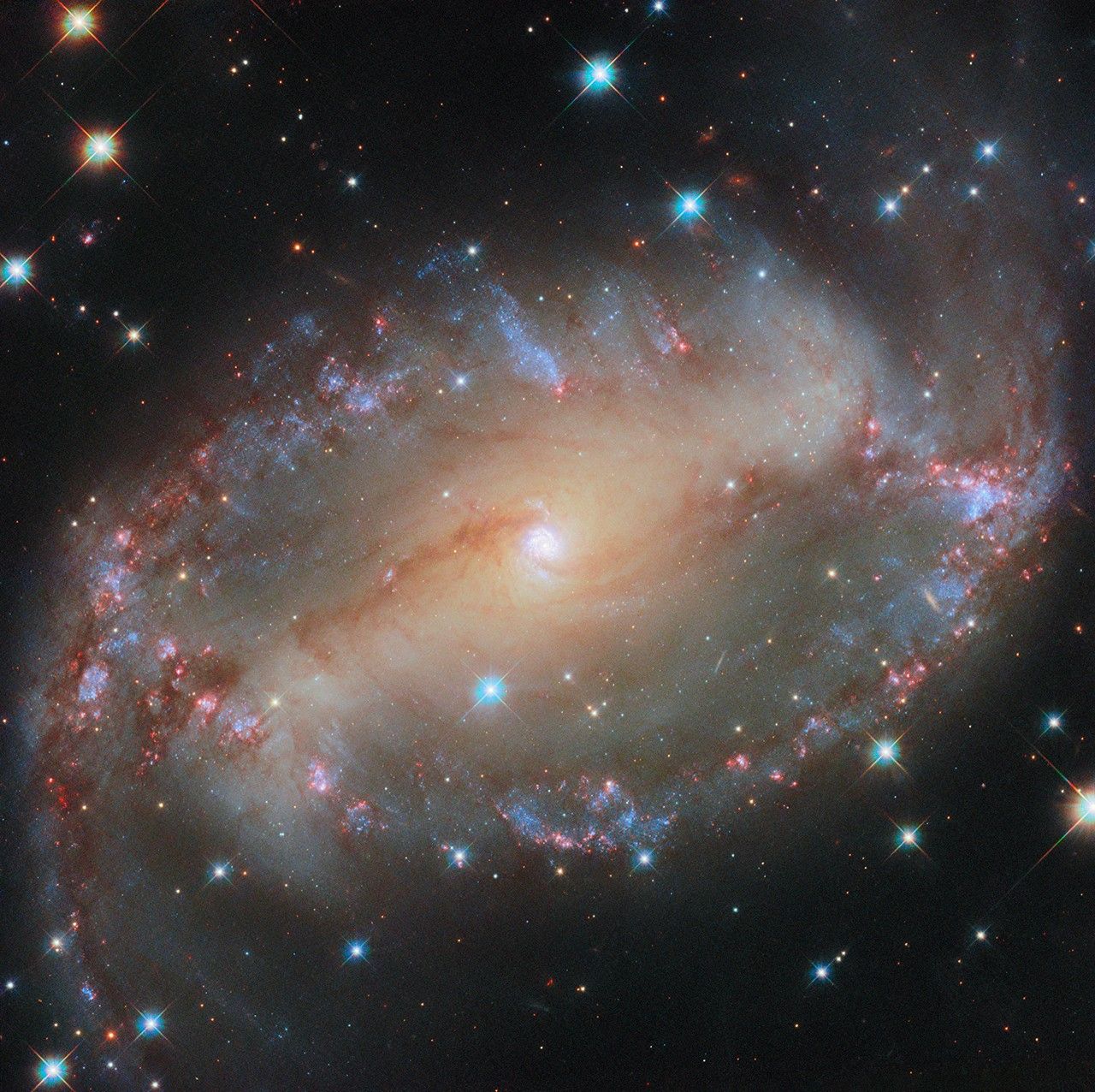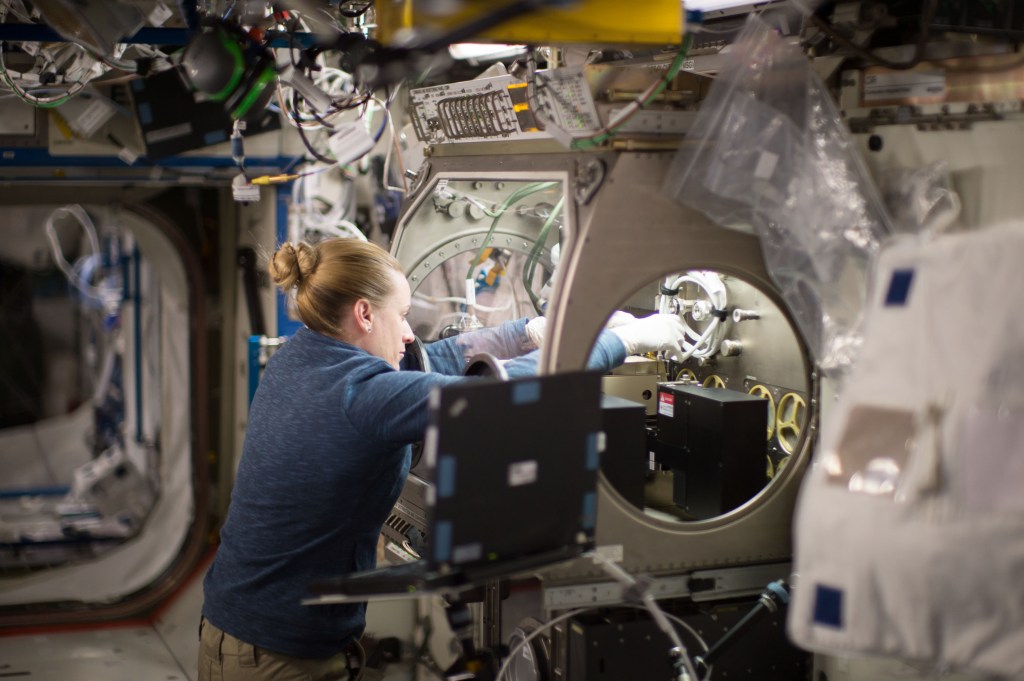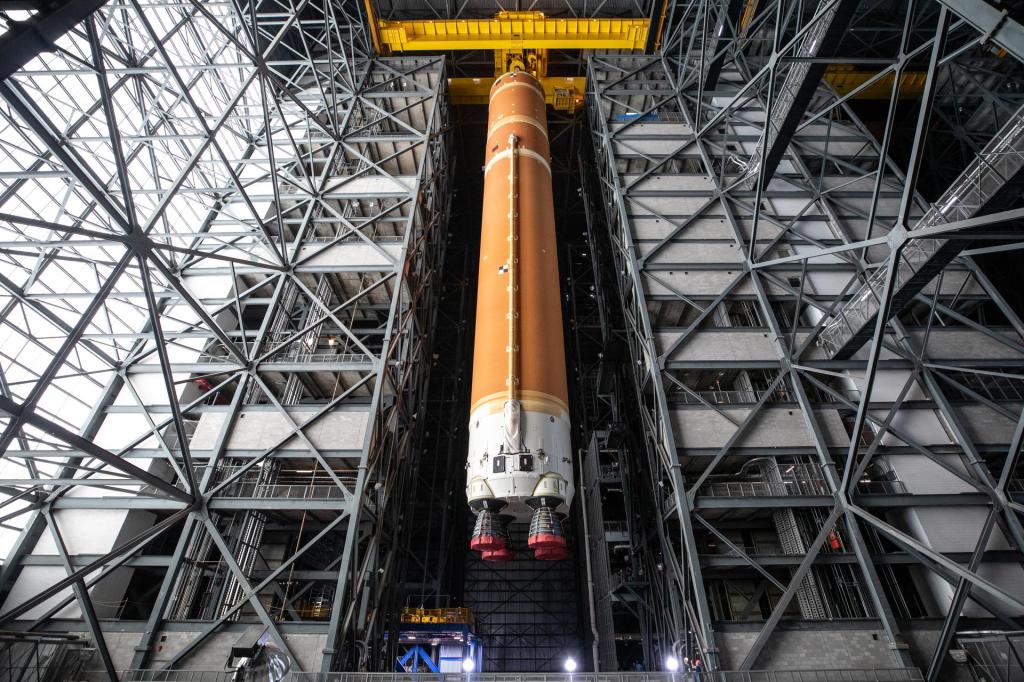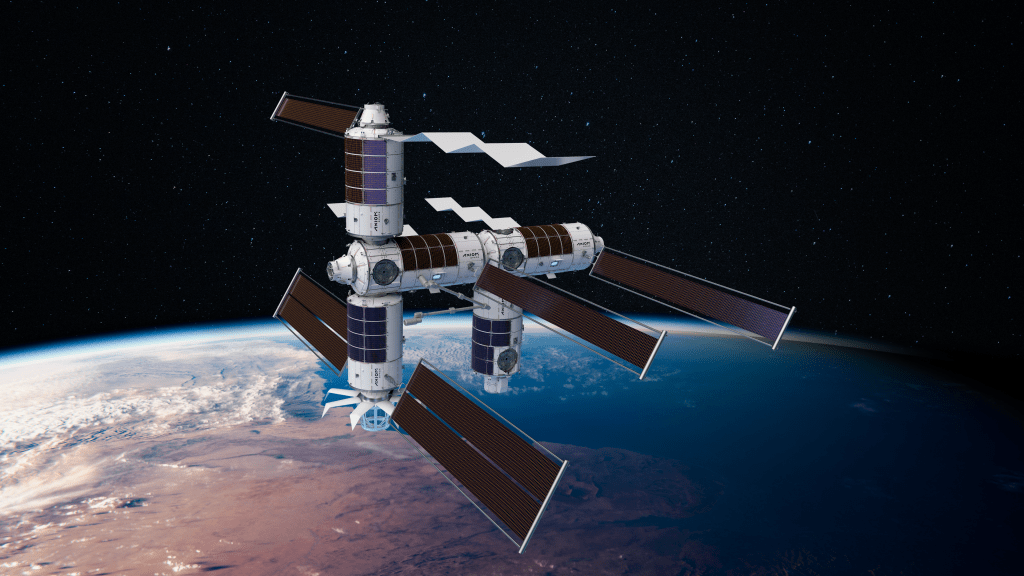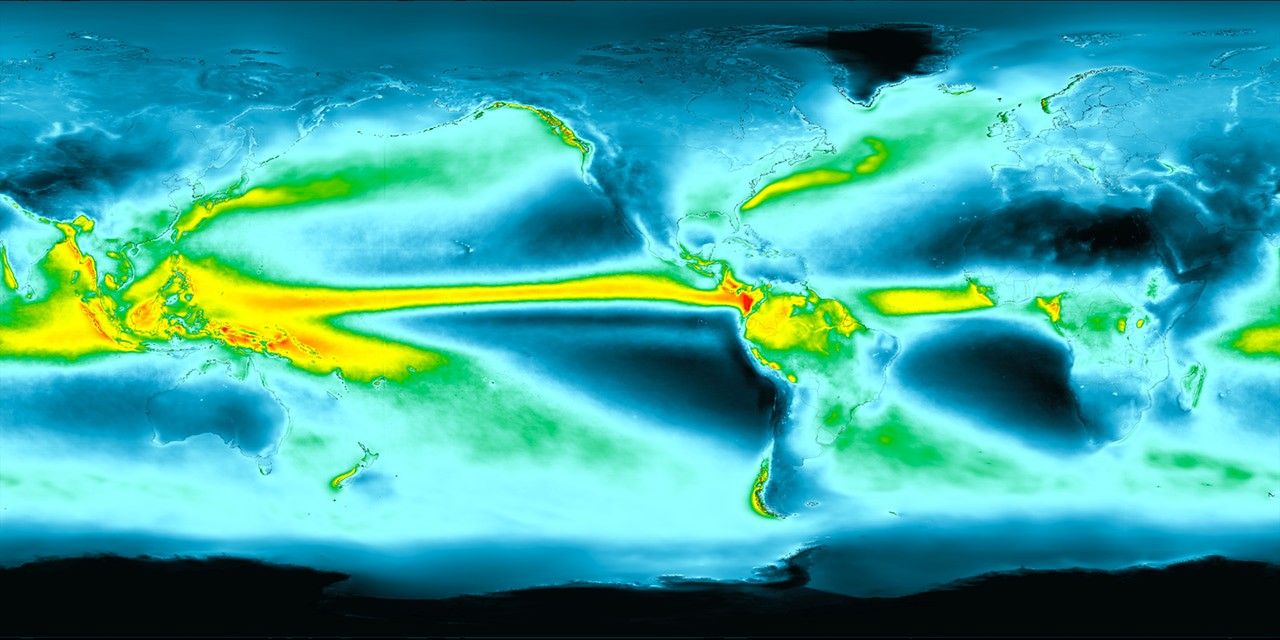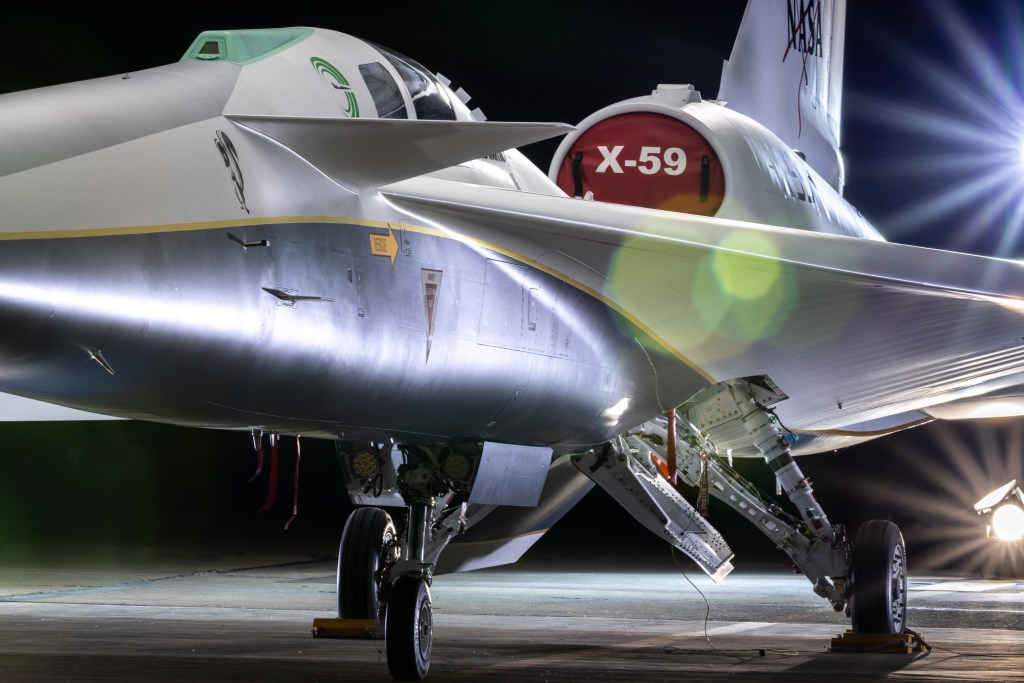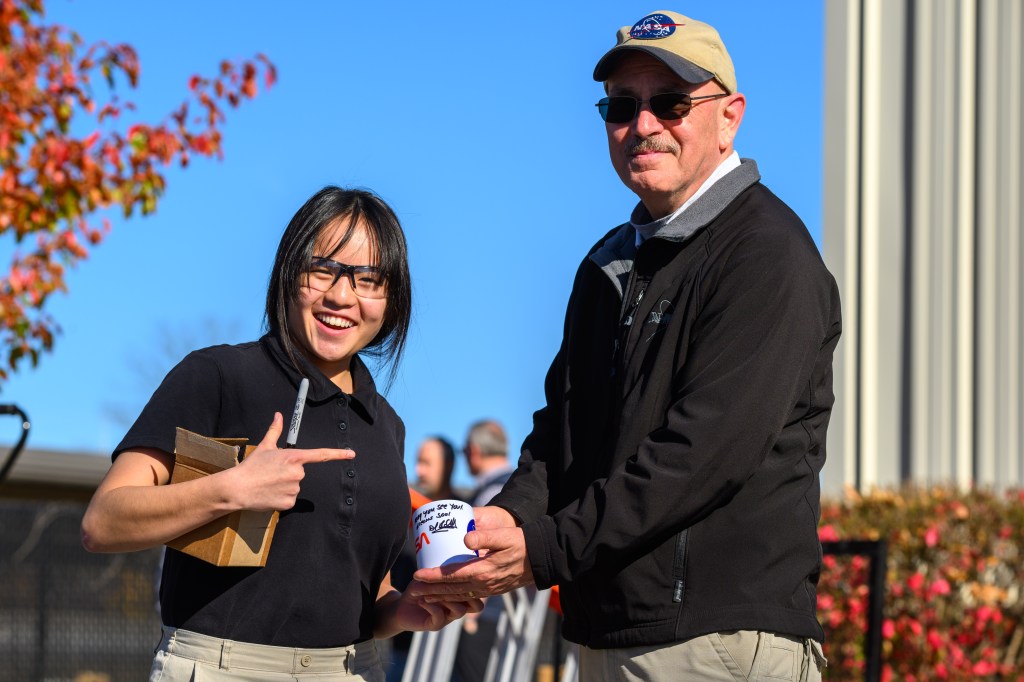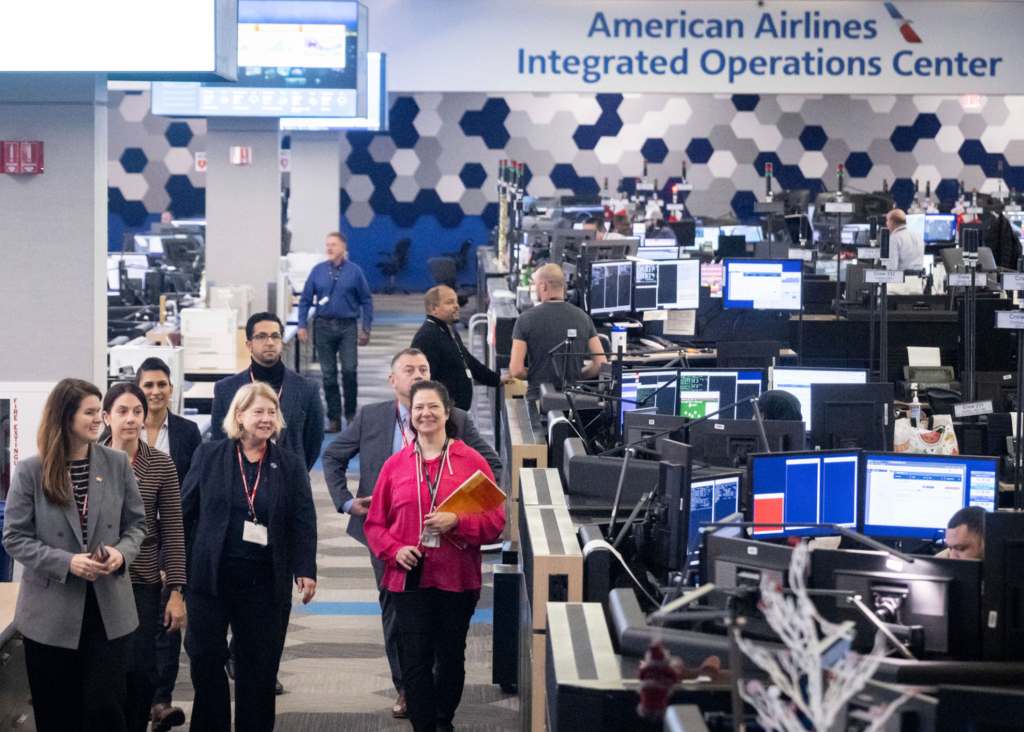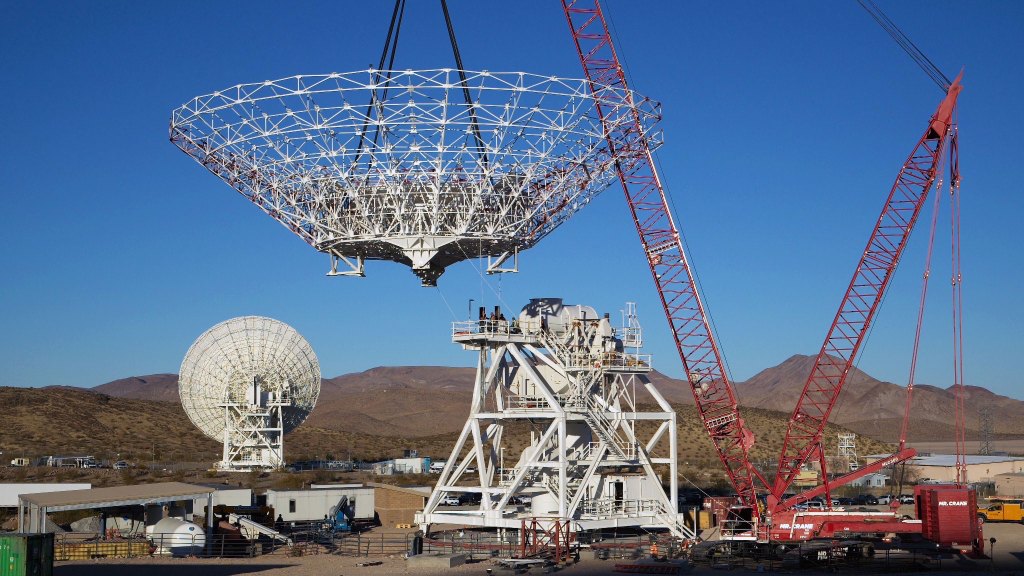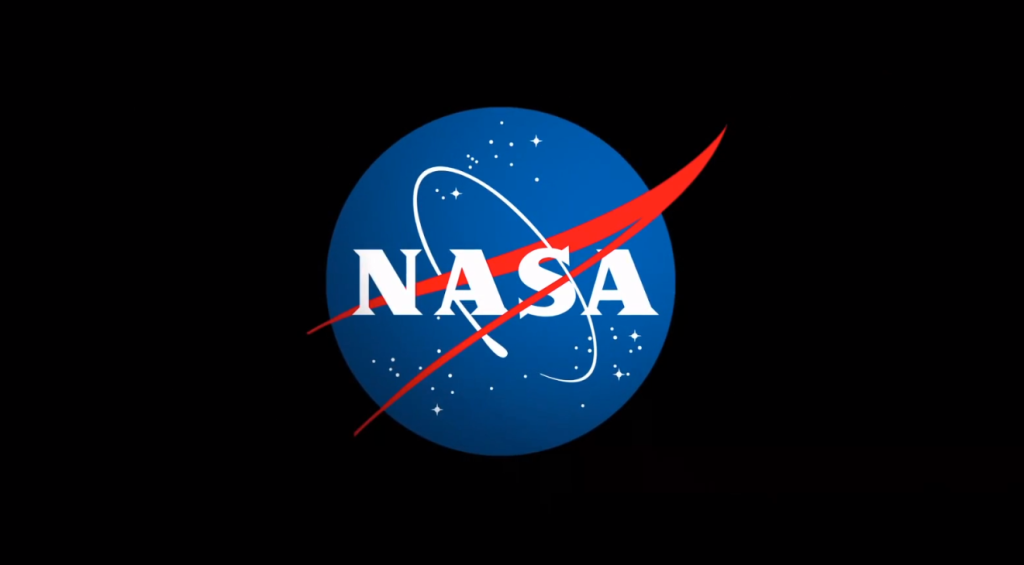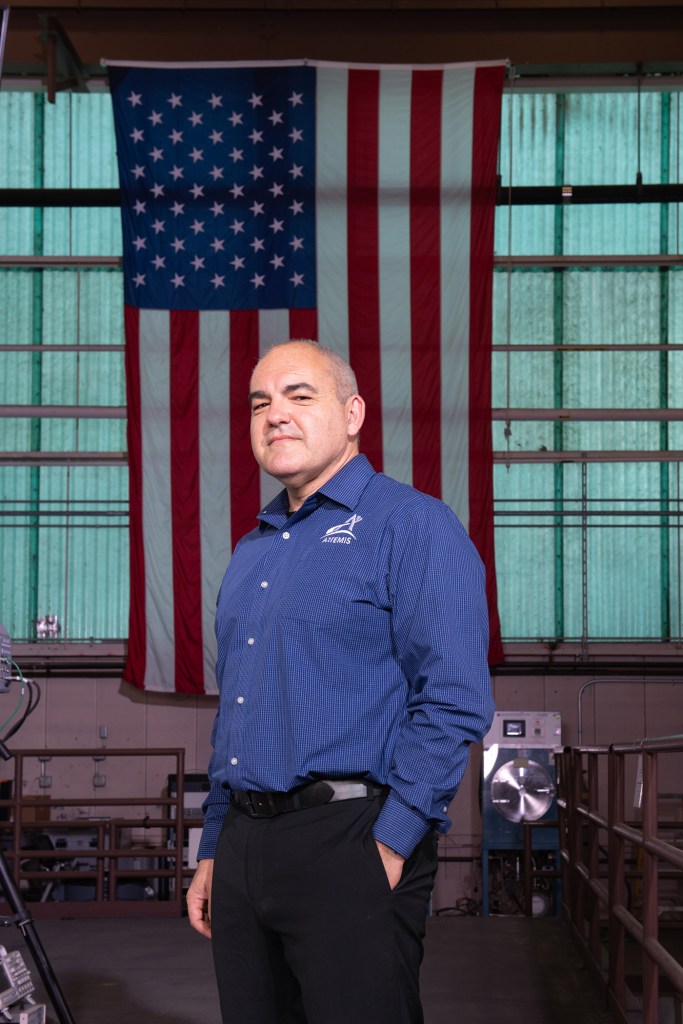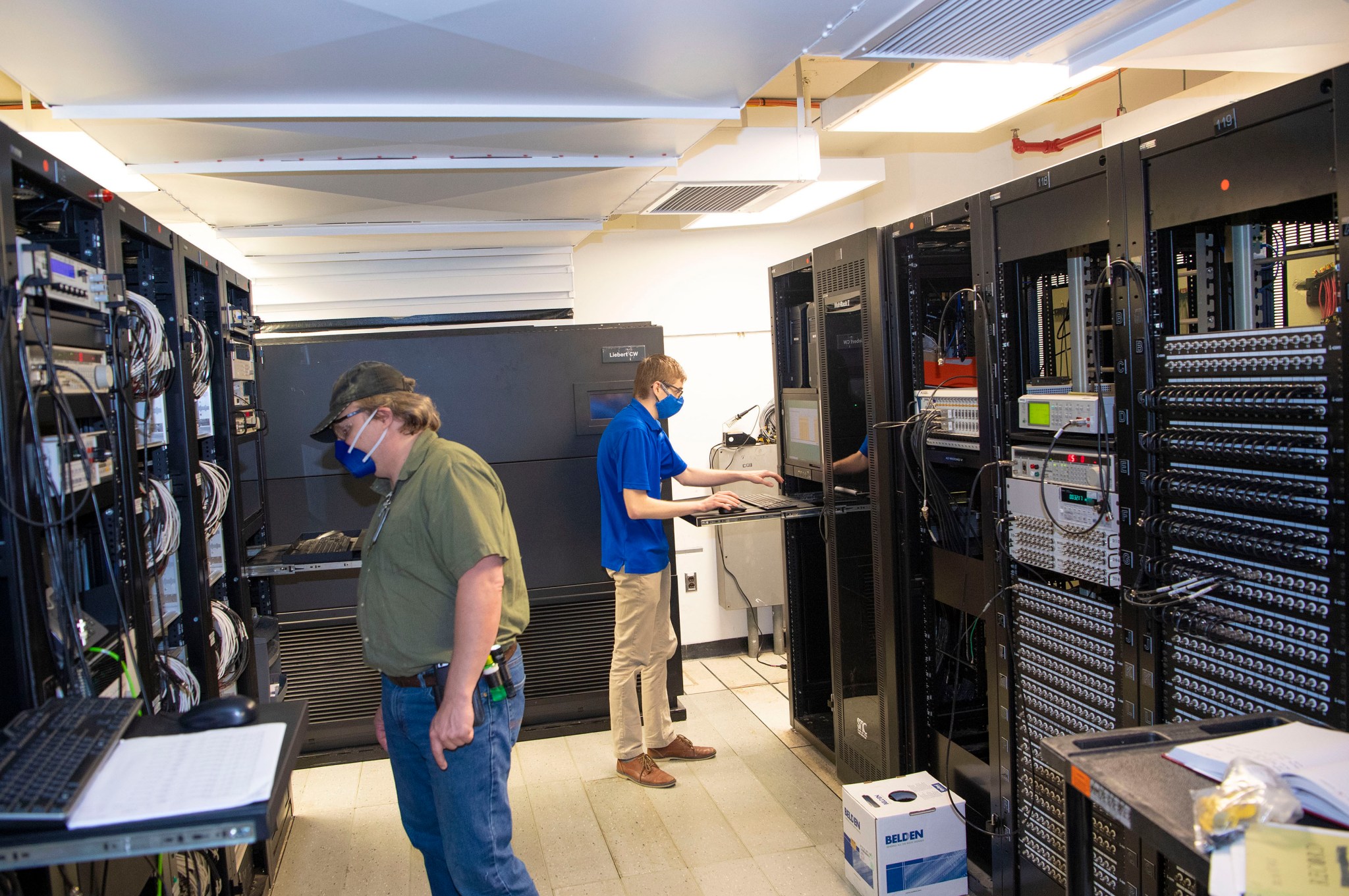NASA resumed Green Run testing activities this week on the first flight stage of its Space Launch System (SLS) rocket, with the return of limited crews to perform work at the agency’s Stennis Space Center in Bay St. Louis, Mississippi.
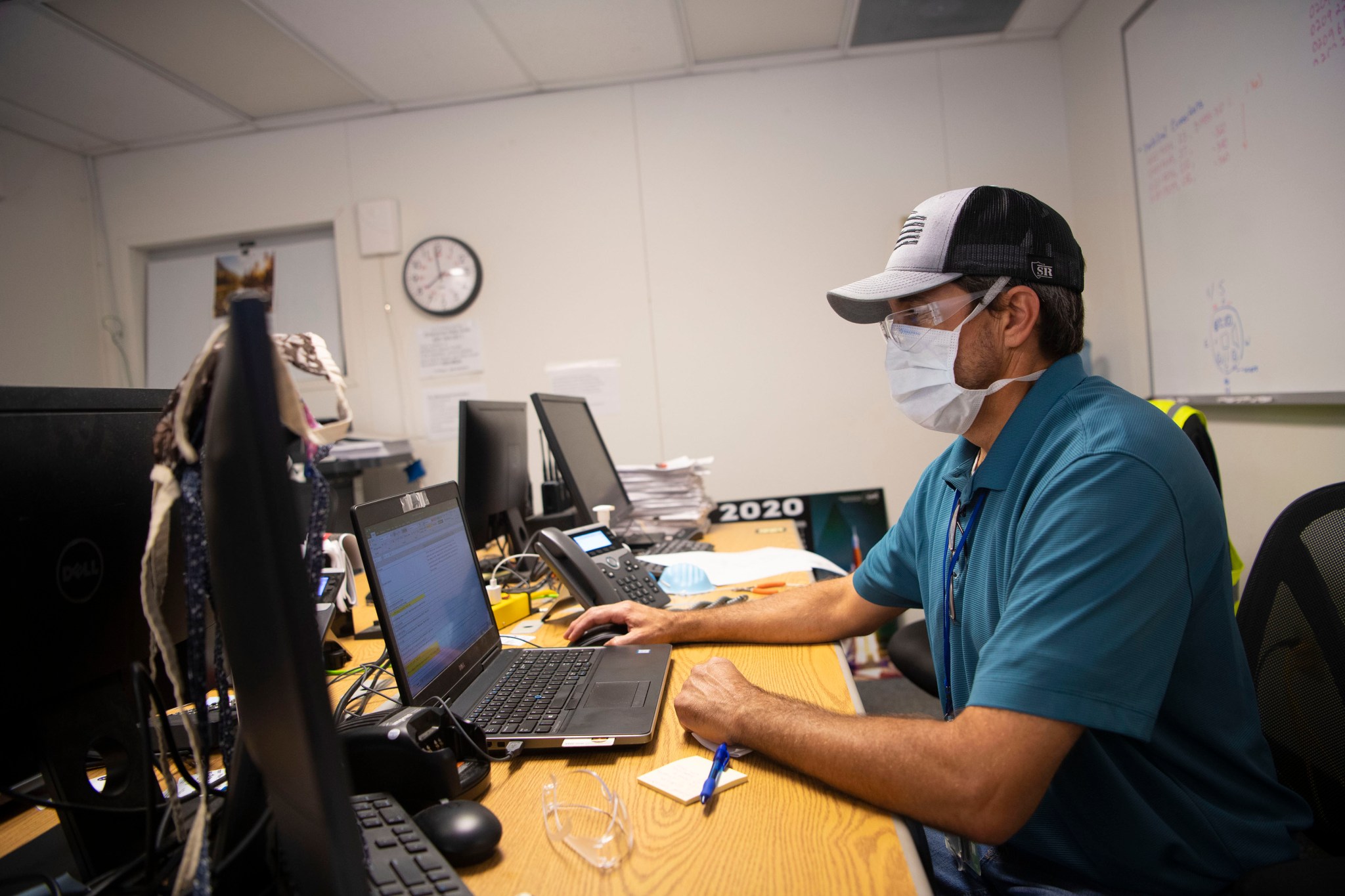
“This is an important step toward resuming the critical work to support NASA’s Artemis program that will land the first woman and the next man on the south pole of the Moon by 2024,” Stennis Center Director Rick Gilbrech said. “Though Stennis remains in Stage 4 of NASA’s COVID-19 Response Framework, we assessed state and local conditions and worked with agency leadership to develop a plan to safely and methodically increase critical on-site work toward the launch of the next great era of space exploration.”
Stennis moved to Stage 4 on March 20, with only personnel needed to perform mission-essential activities related to the safety and security of the center allowed on site. NASA’s Marshall Space Flight Center in Huntsville, Alabama, and its Michoud Assembly Facility in New Orleans, which are building SLS, also are in Stage 4.
“The test facility has been in standby mode, so we allotted two days to reestablish some facility support of mechanical and electrical systems that will also assist the vehicle contractors in performing their operations,” said Barry Robinson, project manager for the B-2 Test Stand SLS core stage Green Run testing at Stennis.
Reestablishing, or “waking up,” the Stennis B-2 Test Stand systems in the days ahead includes restoring facility power and controls, as well as ensuring pressurized gas systems are at proper levels for SLS operators to proceed with testing activities.
“Michoud has been cleaning and preparing the rocket manufacturing facility for critical production restart of the SLS core stage and the Orion capsule,” said Michoud Director Robert Champion.
According to Julie Bassler, SLS stages project manager responsible for the core stage work at Stennis, Michoud and Marshall, Marshall also is resuming critical flight software and hardware testing.
Returning workers were trained on general safety procedures, personal protective equipment requirements, and self-monitoring. Site personnel also installed signs and markings to indicate where employees should stand and sit during upcoming activities.
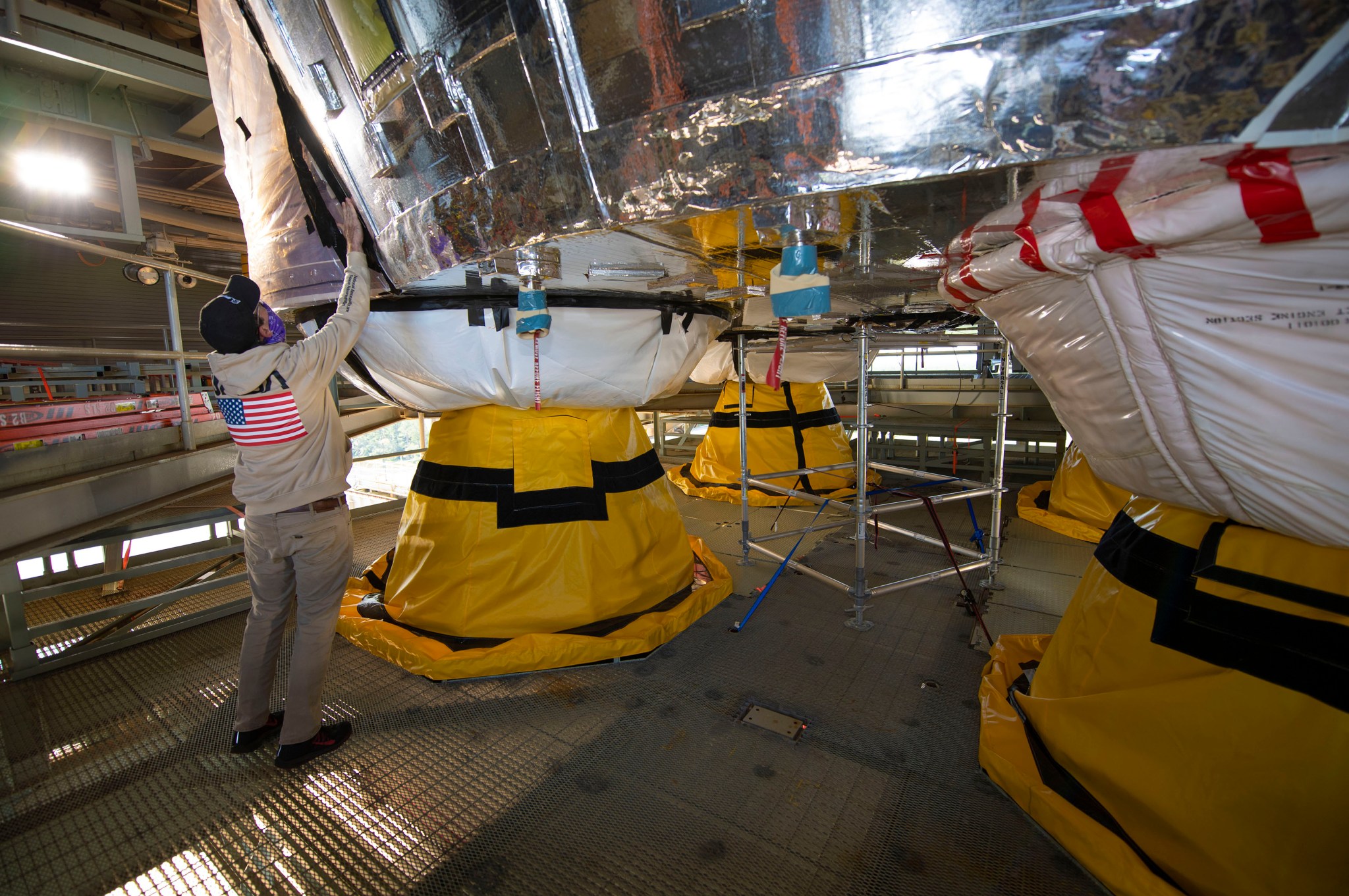
“We want to make sure employees are armed with the appropriate information to be effective on the job and return safely to their families,” Robinson said.
All sites are closely following CDC guidance to safely operate and protect the health and welfare of all employees. Michoud plans to transition to Stage 3 and operate in that stage for 30 days, in coordination with local government plans. Marshall remains at Stage 4.
Stennis plans for 30 days of limited crew activity on site in anticipation of the center’s transition from Stage 4 to Stage 3. Once that transition occurs, increases to on-site work will continue slowly and methodically. The focus then will shift to preparing for the avionics power-up test – the next in a series of core stage Green Run testing milestones. According to Robinson, it’s too early to calculate a precise schedule for the various test milestones.
“Like so many others, in so many places, we’re operating under a new normal. We’re working now to determine exactly what that looks like,” he explained. “The virus, and our knowledge of safety as it relates to the virus, will dictate any changes we consider and implement. We will adjust tasks based on the most current information and guidance.”
Green Run represents the first top-to-bottom integrated test of all flight core stage systems prior to its maiden Artemis I flight. All testing will be conducted on the B-2 Test Stand in the coming months and will culminate with an eight-minute, full-duration hot fire of the core stage with its four RS-25 engines, as during an actual launch.
Learn more about the SLS Green Run at:
For information about Stennis Space Center, visit:
Calvin Lacy Thompson
Stennis Space Center, Bay St. Louis, Mississippi
228-363-5499
calvin.l.thompson@nasa.gov

